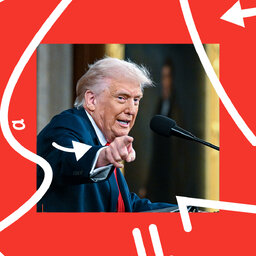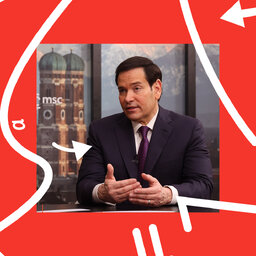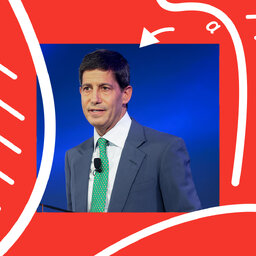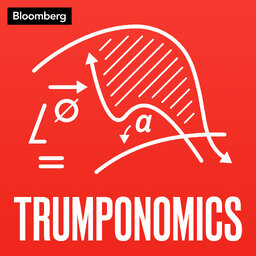How to Build Back Greener After the Pandemic
Alongside the financial destruction wrought by Covid-19 there comes new opportunities. European officials have seized on one in particular—mending battered economies in a way that also tackles global warming, or “building back greener.” But how to turn those words into action? Bloomberg renewables reporter Jess Shankleman reports from London on the policies that may bring that dream to fruition, and the sobering realities of trying to do so during a pandemic.
Host Stephanie Flanders talks with economist and policymaker Lord Nicholas Stern about how he thinks addressing climate change can be a sustainable route to growth, and what the U.S. election could mean for the future of the planet. She also speaks with Bloomberg’s trade and supply chains editor Brendan Murray about why the world’s container ships might not have enough space for all your Christmas presents this year.
In 1 playlist(s)
Trumponomics
Tariffs, crypto, deregulation, tax cuts, protectionism, are just some of the things back on the tabl…Social links
Follow podcast
Recent clips

Trump’s Rosy Economic Message Faces a Reality Check
30:53

What Munich Means for the Shifting Global Order
28:47

Understanding Kevin Warsh's Plan for the Fed
31:28
 Trumponomics
Trumponomics